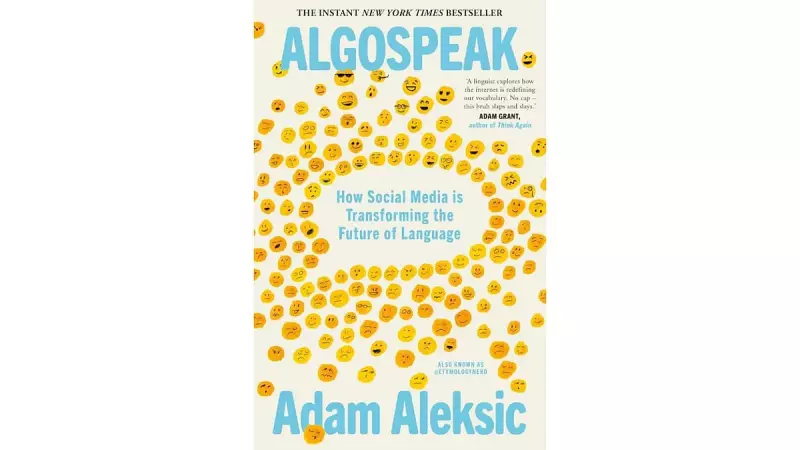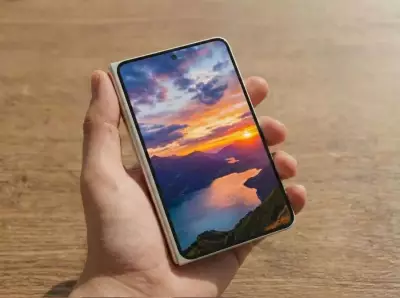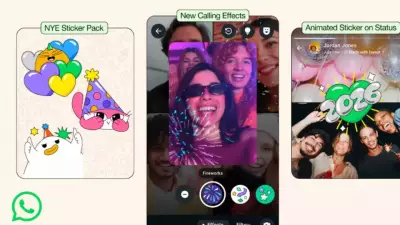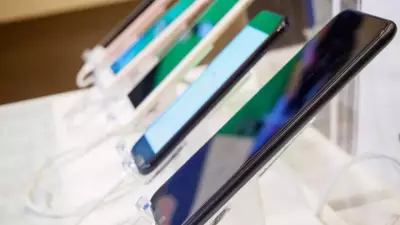
In an unprecedented fusion of technology and creativity, artificial intelligence is fundamentally transforming the landscape of literary creation. The traditional image of the solitary writer battling writer's block is being challenged by sophisticated algorithms that can generate, suggest, and even complete literary works.
The Rise of Algorithmic Writing Assistants
Modern authors are increasingly turning to AI-powered tools to enhance their creative process. These digital assistants don't replace human creativity but rather augment it, offering suggestions for plot development, character arcs, and even poetic phrasing. The technology has evolved from simple grammar checkers to sophisticated creative partners that can analyze thousands of literary works to generate contextually appropriate content.
Several prominent writers have begun experimenting with these tools, reporting reduced writing time and unexpected creative breakthroughs. The algorithms can process vast amounts of textual data, identifying patterns and styles that might take human readers years to internalize. This capability allows writers to explore narrative possibilities they might not have considered otherwise.
How AI Understands Literary Structure
The core technology behind these writing assistants involves natural language processing and machine learning algorithms. These systems are trained on extensive corpora of literary works, enabling them to understand narrative structures, character development patterns, and stylistic elements. They can distinguish between genres, recognize authorial voice, and maintain consistency in storytelling.
What makes these systems particularly remarkable is their ability to learn from user interactions. As writers engage with the AI, the system adapts to their specific style and preferences, creating a personalized writing experience. This adaptive learning process means that no two writers will have exactly the same interaction with the technology.
The Future of Human-AI Collaboration in Literature
The integration of AI into literary creation raises important questions about authorship, creativity, and the future of writing as a profession. While some purists argue that algorithmic assistance dilutes authentic creativity, proponents see it as another tool in the writer's arsenal, similar to how word processors replaced typewriters.
The most successful implementations appear to be collaborative rather than replacement-based. Writers maintain creative control while using AI to overcome specific challenges like plot holes, inconsistent characterization, or finding the right words for emotional scenes. The technology serves as a creative catalyst rather than a replacement for human imagination.
As these technologies continue to evolve, we're likely to see even more sophisticated interactions between human creators and artificial intelligence. The future may bring AI systems that can not only suggest improvements but also understand and adapt to a writer's unique creative vision, potentially leading to new forms of literature that blend human and machine intelligence in unprecedented ways.
The literary world stands at the threshold of a new era, where the boundaries between human and machine creativity are becoming increasingly blurred. How this relationship develops will undoubtedly shape the stories we tell and how we tell them for generations to come.





